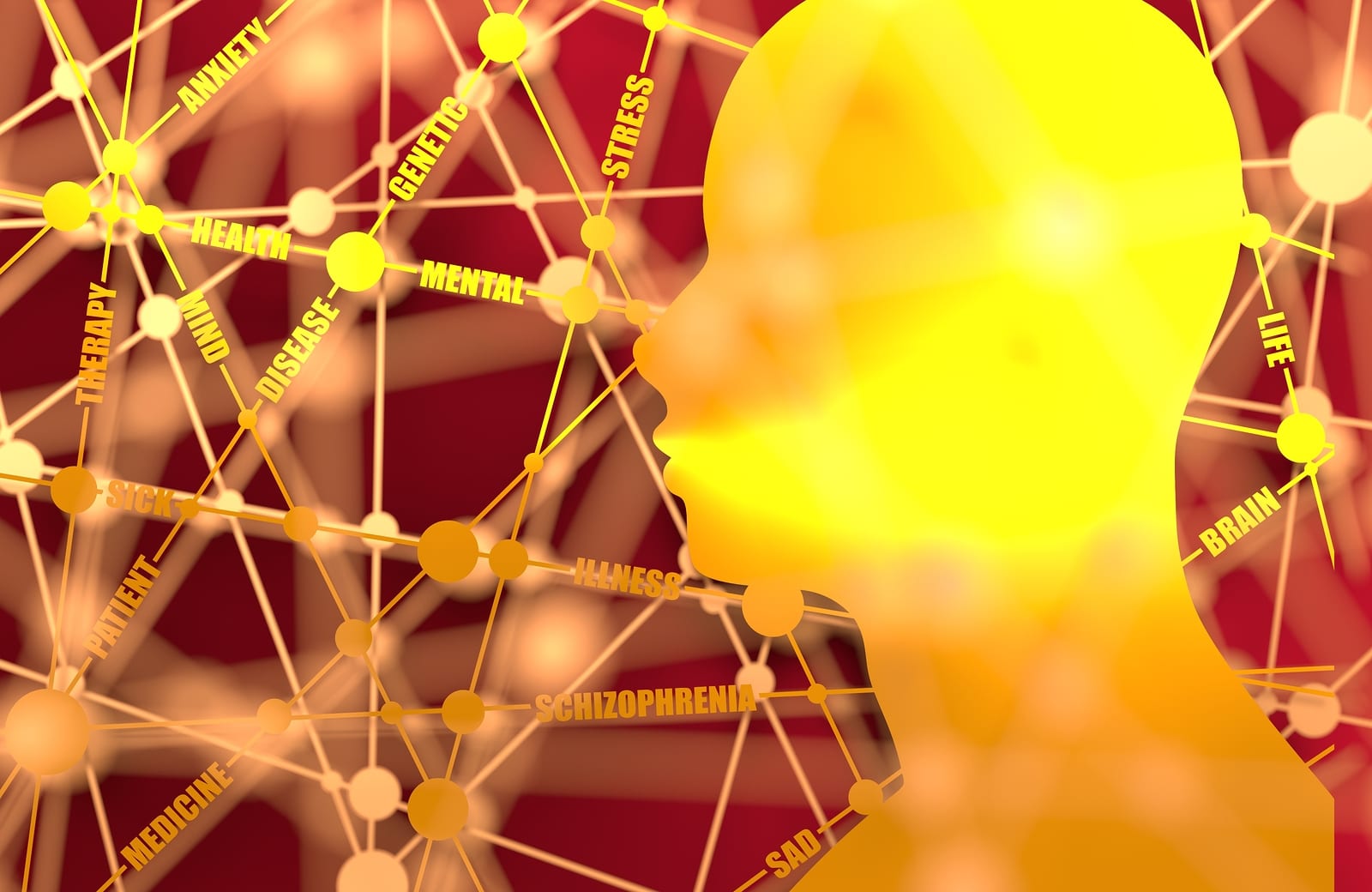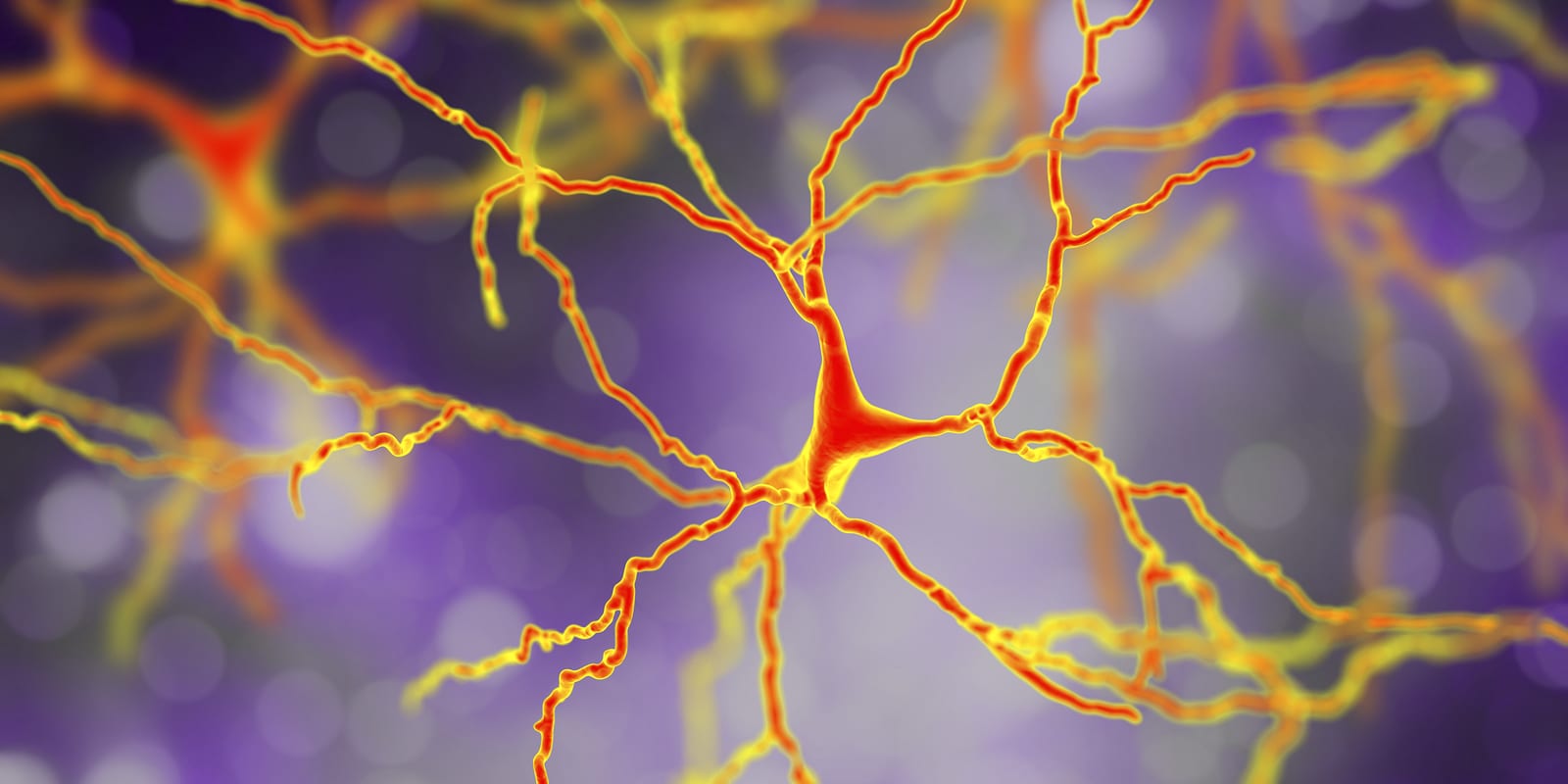
The World Health Organization states that over 21 million people worldwide suffer from the effects of the disease, and yet few diseases are as misunderstood as schizophrenia. In its depictions in pop culture and other media representations, it is often associated with multiple personalities. This is an incorrect characterization and can be harmful for those trying to identify whether they or a loved one is suffering from this debilitating disease or not.
Most often, those with schizophrenia begin exhibiting symptoms in their teens to late twenties. The causes of schizophrenia are deeply connected to the functions and structures in the brain. When something—a virus, prenatal difficulties, extensive psychological and social issues—affect the development of the ways different parts of the brain communicate, schizophrenia can be the result. Scientists also believe that genetic factors can also play a role in determining if a person develops the disease.
The National Institute of Mental Health breaks behaviors and symptoms for schizophrenia into three major categories: positive; negative; cognitive. Positive symptoms are usually clear indicators that something is functionally disrupted, and not associated with healthy behavior. Negative symptoms consist of behaviors that, while disruptive, are not as easy to identify as functionally inhibitive. Cognitive symptoms can vary in severity from case to case and are related to critical thinking and maintaining focus.
If you recognize these symptoms and behaviors in yourself or someone you know, have a conversation with them about the possibility of schizophrenia. If you feel there is further cause for concern, seek the advice of a medical professional. They will likely perform further examinations to determine what future actions should be taken.
Signs of Schizophrenia

Positive Symptoms
-
Difficulty Coordinating Movement
When signals in the brain are interrupted and unable to communicate smoothly with muscle groups, simple tasks can become much more complicated. Shaking or slowed movement can manifest along with erratic muscle spasms.
-
Delusions
Schizophrenia related delusions can take on many forms. They can include real-life scenarios that are plausible as well as fantastic beliefs not based in reality. These delusions are exhibited as firmly held beliefs despite all evidence to their validity.
-
Hallucinations
It is important to clarify that while delusions are internal beliefs, hallucinations involve external sensory information, such as seeing, hearing, feeling, or tasting. These can present as seeing things that are not there, or hearing voices that are speaking to the person hallucinating.
Negative Symptoms
-
Lack of Connection to Activities
A person may pull back from social engagements and even activities they previously enjoyed.
-
Becoming Conversationally Withdrawn
Sometimes, a person who is normally talkative will reduce their amount of engagement in conversation. Short, one-word answers and lack of elaboration to questions are some examples of this.
-
“Flat Affect”
A person may stop emoting or displaying emotions openly whether by facial expression or vocal modulation. A person who usually moves their arms and hands to illustrate points when they are speaking may no longer do so.
Cognitive Symptoms
-
Lack of Focus
Because of the disjointed neurological connections, it is difficult to maintain focus on a single task or activity. This can branch into issues with primary, or short-term, memory.
-
Trouble Making Decisions
Lack of focus, combined with the often contradictory sensory stimuli, and delusions can complicate the decision making process. This goes beyond indecision and can lead to a breakdown of further executive functions.
When attempting to identify the causes of any of these symptoms, it is important to discuss them with a healthcare professional. They can offer recommendations for diagnosis and treatment moving forward. They can also direct you to where you can find further information about living with schizophrenia and different methods of symptom management.
About Lehigh Center
The Lehigh Center is the largest independently run research facility in the Lehigh Valley. Our qualified physicians conduct clinical trials to evaluate investigational treatments for specific diseases, including depression. If you are interested in leaning more about our current studies, please click the link below.
